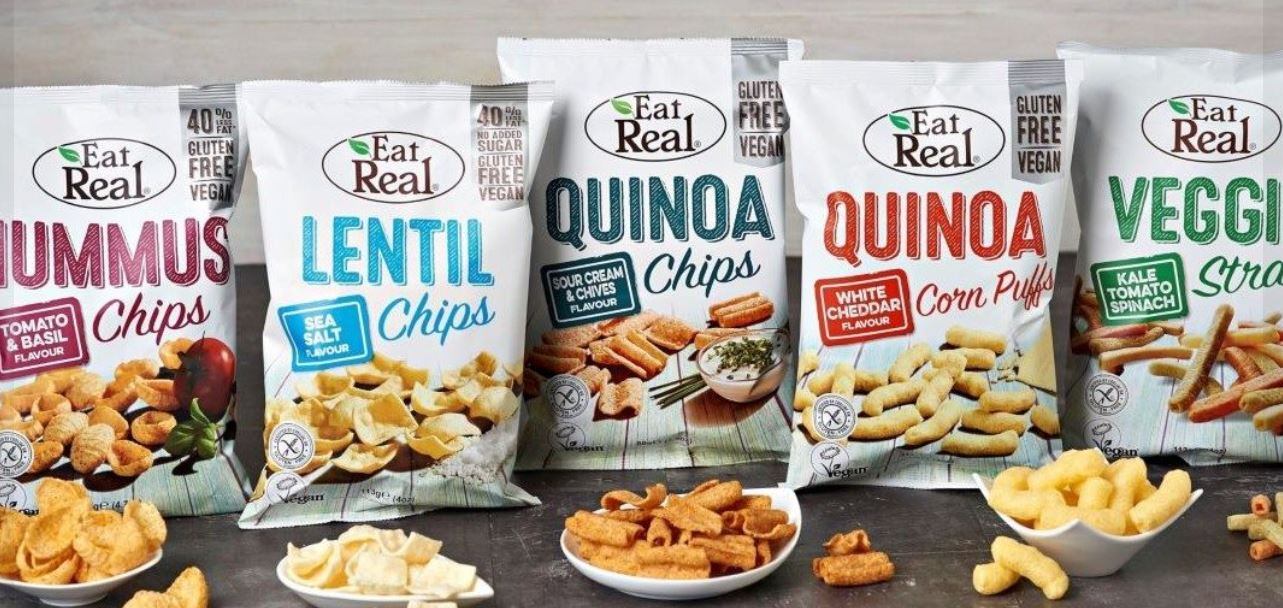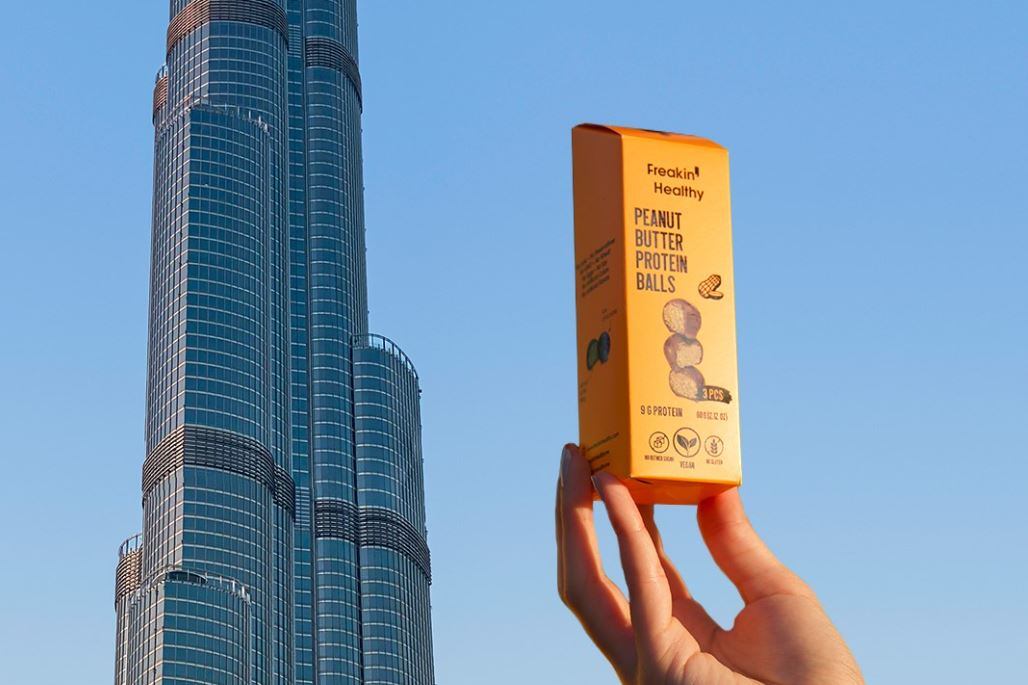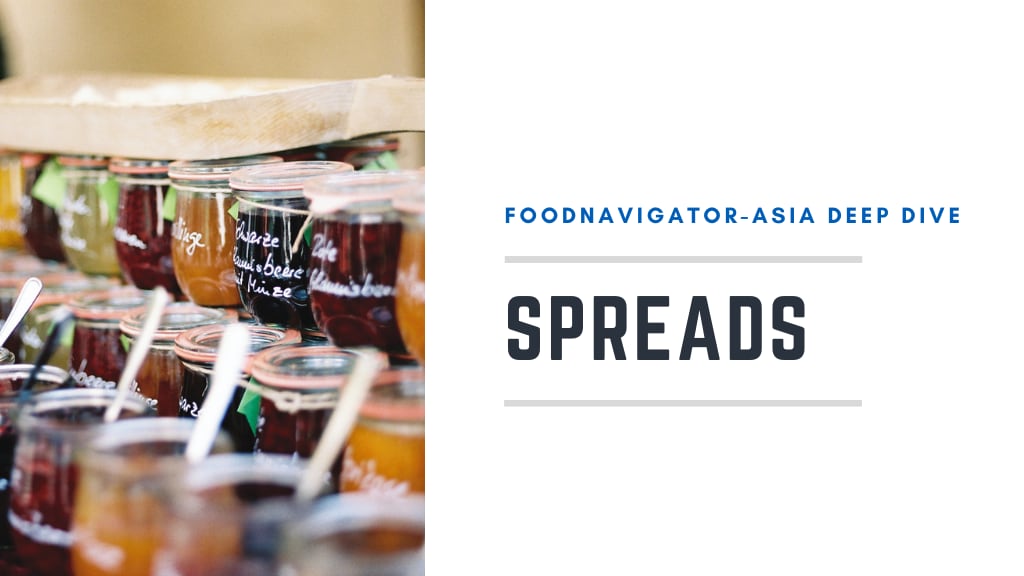Eat Real first entered China around two years ago, and retracted in 2020 after finding it difficult to break the market.
It was working with three different distributors, and sold its healthy snacks on online channels such as Tmall.
However, under the different distributors, the products had different Chinese names, which drove a price war, and was confusing for consumers.
Eat Real decided to stop trading in early 2020, and reorganise its business strategy and brand positioning for the China market.
During this time, it worked with ADN Import Foods to better understand the market.
Now, the firm is expected to enter China within the next months, bringing in six SKUs, and working with a single distribution partner.
“In the past, we gave our (China) distributors about 20 SKUs, and tried to see which would sell, but actually, it is up to us as brand holders to shape what that market looks like and tell the story to attract our consumers,” Yuwi Chan, international sales manager at Eat Real Limited told FoodNavigator-Asia over the phone.
Eat Real is likely to export its quinoa and hummus-based range of snacks, which Chan said was more suitable for the Chinese palate in terms of texture and mouthfeel. Eat Real also has a lentil-based snack range.
The firm is looking to enter e-commerce first, and the likes of new retail channels such as Hema, before entering convenience stores. The company will time its reintroduction with a social media campaign.
Anthony Johnson, managing director at ADN Import Foods told us that China’s health trend has led to a growing number of consumers checking the ingredients of products.
“Consumers want lower calories, lower fat, and higher protein. They want a healthier product but with little compromise on flavour and texture.”
“China’s snacking market is highly competitive, so brands need to pop on shelf and reach an accessible price point to maximise their chances of success.”
According to Johnson, snacking brands in China are largely dominated by Chinese and East Asian firms, which are considerably cheaper than their Western counterparts.
In addition, Chinese snacks are typically much stronger flavoured than Western ones, and also have bright and colourful packaging and messages. Ramping up the flavour and standing out on shelf is a challenge for many snack brands.
Coupled with grabbing the attention of China’s growing Gen Z consumers who shop in an omni-channel way, Johnson said Eat Real must ensure their online presence and digital assets are strong and form alliances with key opinion leaders (KOLs) to maximise this opportunity.
He cited local brand, Three Squirrels as an example of a healthy snack brand that sold exclusively online before expanding into brick and mortar channels.
“Eat Real has a unique proposition, while other brands are getting louder and brighter, Eat Real is keeping it real, with white packaging and simple design that catches the eye precisely because it’s not playing the same packaging game as other brands,
“Domestic Chinese snacks often have sugar, refined oil, artificial flavourings and MSG high up the ingredients list, giving them a high calorie and fat content. With consumers checking ingredients more regularly, Eat Real’s strengths of superfood ingredients, lower fat, higher protein and no artificial flavourings can come nicely into play.”
Other markets
Eat Real is currently distributing in 54 countries worldwide, including Japan, Malaysia and Singapore.
Similar to China, Eat Real is focused on relaunching back into the Netherlands in the coming months.
It recently expanded into the UAE and will launch in Indonesia this year.
Chan said there are plans to enter Vietnam and Thailand in the foreseeable future.
According to her, its export business has grown double digits despite the COVID-19 disruptions.
For instance, Germany sales grew 30% last year, while New Zealand saw 64% growth.
“Consumers have continued to enjoy our snacks at home, as working from home has become the new normal.”
Chan said the pandemic resulted in higher ingredients costs for rapeseed oil, chickpeas, lentil and flour, which the firm absorbed.
Rebranding
Eat Real is also rebranding its products with a new look and feel this August.
According to research done by the company, consumers felt the typeface was not modern in today’s time, and people did not resonate with it.
“We will also put less focus our vegan claim, even though we are a vegan product, because we hope to target a wider audience,
“Sometimes we find that when you have the word vegan, it pigeon holes our product and make it exclusive to niche markets like only vegans would enjoy our chips, but we want to change.”
Earlier this year, Eat Real joined forces with Proper, a popcorn and chip brand, to create a new healthy snack company, which has yet to be named.




